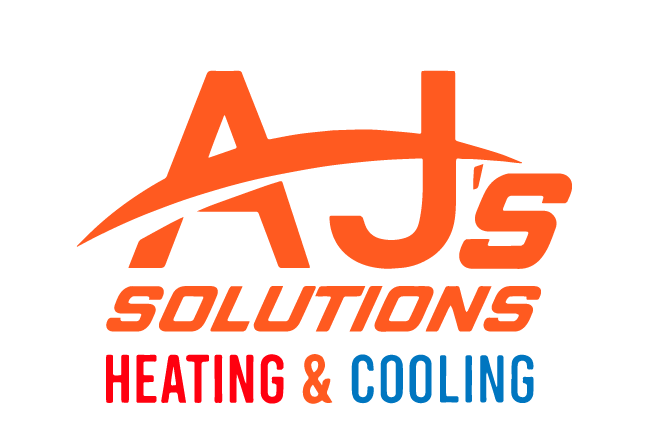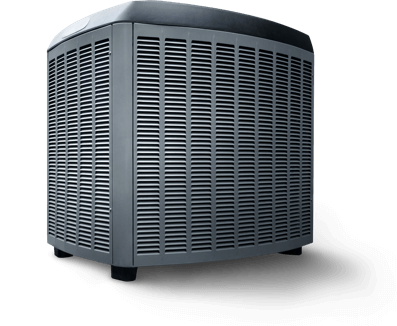With weather patterns becoming more unpredictable and extreme temperatures becoming the norm, HVAC systems are under increasing strain. Understanding these impacts is crucial for homeowners who want to ensure their systems remain efficient, resilient, and capable of maintaining comfort in the face of these challenges.
How Climate Change Affects HVAC Systems.
- Increased Strain on Cooling Systems
- As global temperatures rise, summers are becoming hotter and longer, placing a significant strain on air conditioning systems. Extended periods of extreme heat force HVAC systems to work harder and longer to maintain comfortable indoor temperatures. This increased usage can lead to more frequent breakdowns, higher energy consumption, and shorter system lifespans.
- Fluctuating Seasonal Demands
- Climate change is also causing more erratic weather patterns, with unseasonably warm winters and cool summers. These fluctuations create unpredictable demands on HVAC systems, which may need to switch between heating and cooling more frequently. Such variability can lead to inefficient operation if systems are not properly maintained or designed to handle these shifts.
- Humidity and Air Quality Challenges
- Higher temperatures often come with increased humidity, which can exacerbate indoor air quality issues. HVAC systems must work harder to manage both temperature and humidity levels, and older or poorly maintained systems may struggle to keep up. This can lead to mold growth, discomfort, and even health issues for occupants.
- Energy Consumption and Costs
- With HVAC systems running more frequently due to extreme weather, energy consumption is naturally higher. This not only leads to increased utility bills but also places a heavier burden on the power grid, especially during peak usage times. Homeowners may find themselves facing higher costs and potential power outages during extreme weather events.
How Homeowners Can Adapt.
- Invest in Energy-Efficient Upgrades
- One of the most effective ways to mitigate the impact of climate change on your HVAC system is to invest in energy-efficient upgrades. High-efficiency air conditioners and heat pumps, smart thermostats, and improved insulation can all help reduce energy consumption and ease the strain on your system. Look for systems with high SEER (Seasonal Energy Efficiency Ratio) ratings and consider variable-speed units that can adjust output based on demand.
- Regular Maintenance is Key
- Routine maintenance is more important than ever in the face of climate change. Regularly servicing your HVAC system ensures it operates at peak efficiency, reduces the likelihood of breakdowns, and extends its lifespan. Maintenance tasks such as cleaning coils, replacing filters, and checking refrigerant levels are essential for optimal performance, especially as systems work harder in extreme conditions.
- Consider System Resilience
- As weather patterns become more unpredictable, the resilience of your HVAC system is critical. This might mean upgrading to a more robust system designed to handle extreme temperatures or installing backup systems like generators or supplementary heating and cooling units. Ensuring your system can adapt to sudden changes in weather can prevent discomfort and costly repairs.
- Improve Home Insulation and Sealing
- Enhancing your home’s insulation and sealing gaps can reduce the workload on your HVAC system by keeping conditioned air inside and preventing outside air from entering. Proper insulation helps maintain a stable indoor temperature, reducing the frequency with which your system needs to run, thus lowering energy consumption and extending the life of your HVAC unit.
- Explore Renewable Energy Options
- To further reduce the environmental impact and dependency on the grid, consider integrating renewable energy sources like solar panels with your HVAC system. Solar-powered HVAC systems can significantly cut energy costs and provide a sustainable solution to rising energy demands driven by climate change.
Preparing for the Future.
Climate change is reshaping the way we think about home comfort. By understanding its impact on HVAC systems and taking proactive steps to adapt, homeowners can ensure their systems are not only prepared for today’s challenges but are also resilient enough to face the future. Investing in energy-efficient upgrades, regular maintenance, and resilient systems will help keep your home comfortable, reduce your carbon footprint, and manage energy costs in an increasingly unpredictable climate.
As we continue to navigate these changes, AJ Solutions is here to help you every step of the way. Whether you need advice on the latest energy-efficient technologies, regular maintenance, or system upgrades, our team of experts is ready to ensure your home remains a sanctuary of comfort, no matter what the weather brings.


